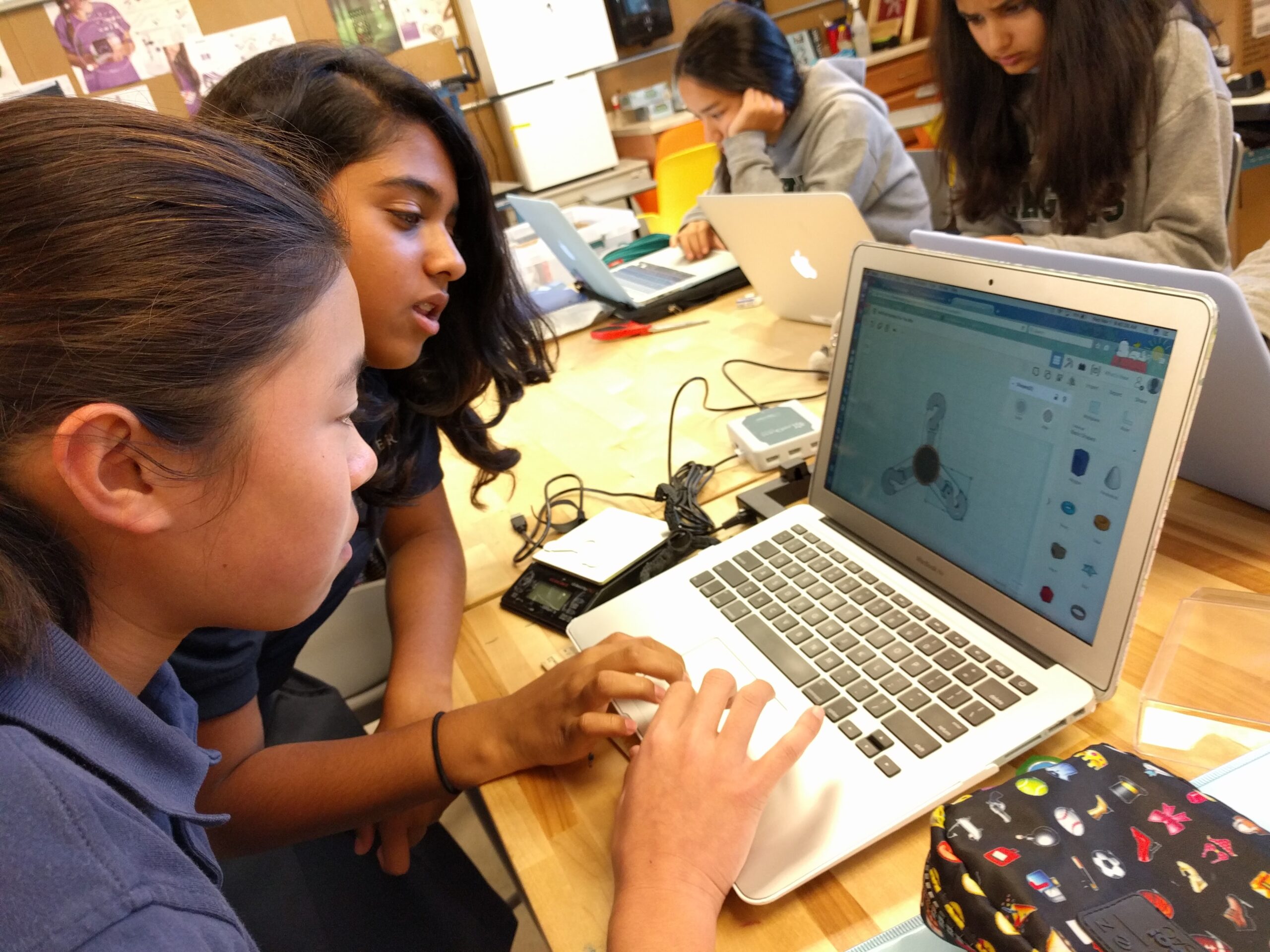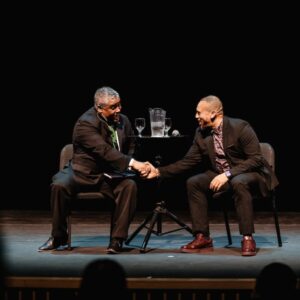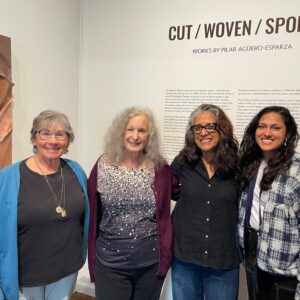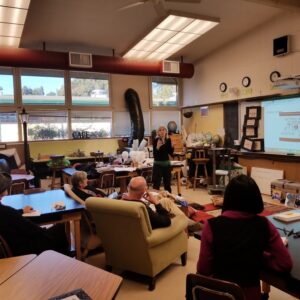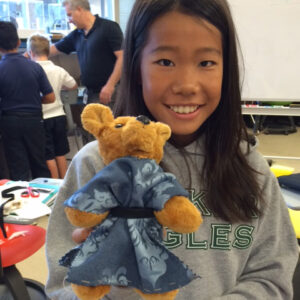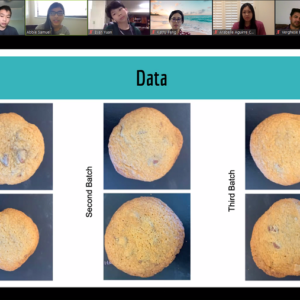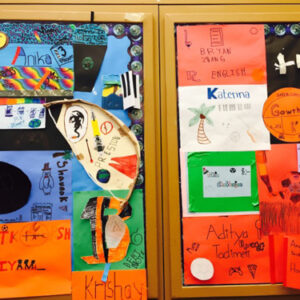Last month, Kathy Peng’s grade 7 science students made fidget spinners as a lesson in Newton’s laws of motion. Peng prepared the exercise as a challenge in which teams of students designed and created their own version of the toy, which became popular this past spring. Users spin the toy using one of the prongs that protrude from its center.
Each team was tasked with creating a fidget spinner that spun for as long as possible. Teams were given two weeks to complete the project, during which they had access to the 3D printers at the middle school campus Innovation Lab. Students also created analysis documents tracking their design, testing and iteration processes, which enabled them to “explain the physics behind their project, and reflect on their group’s teamwork, design and testing process and future ideas,” Peng said.
Peng designed and executed the fidget spinner project as part of the LID (Learning, Innovation and Design) Grant program, which provides opportunities for teachers to bolster their teaching methods. “Doing a LID grant is doubly awesome because you get to learn a new skill or technology that’s transferable to future instruction, and prepare a lesson or project that you can implement in the coming school year,” said Peng. “So you gain not only theoretical knowledge, which is cool, but you also develop something that is immediately applicable.”
The fidget spinner exercise, Peng hopes, will help students “see how physics is everywhere and that an understanding of science, engineering and design can be not only useful but also fun.”
